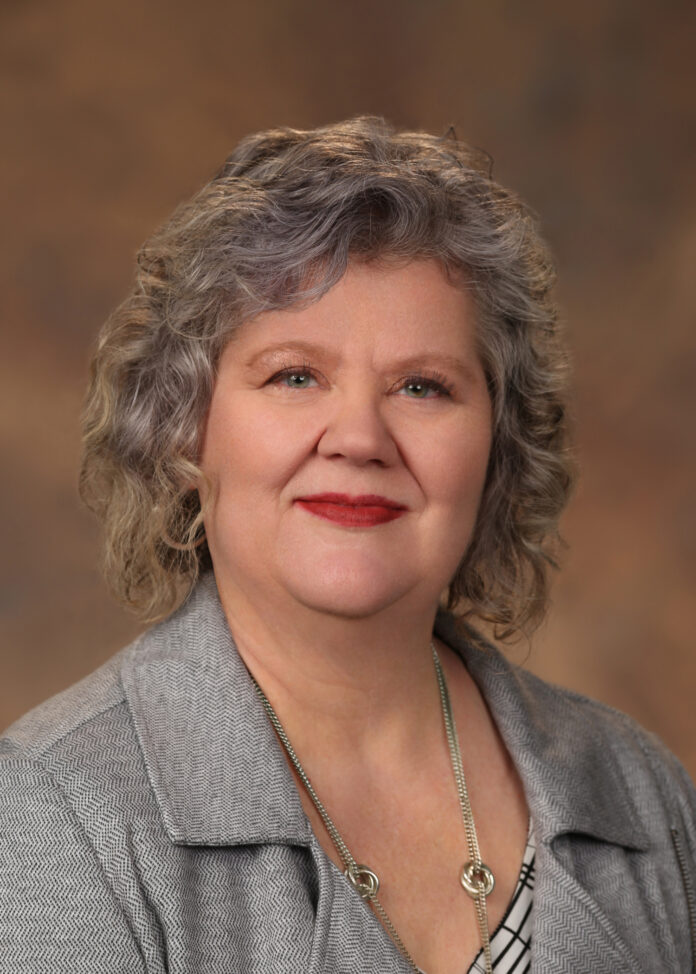
I think all of us who have had kids in our lives that we put on busses for band, athletics, or other school events spend quite a bit of time praying with our hearts in our throats for the Andrews High School Band students, faculty, and volunteers on the 19th.
I wanted to recognize the extraordinary efforts of the first responders from several police departments in the Big Spring area, EMS providers from Big Spring and the private air transport companies, and the nurses, doctors, and many other health care heroes at Scenic Mountain Medical Center in Big Spring. Without the skill and teamwork of these very exceptional people, that horrible wreck would have been far, far worse. For those of you who responded to that awful wreck, thank you so much for being there for our community that day and every day. You are extraordinary.
Unfortunately, that wreck showed how dangerous our crowded roads in West Texas can be. The holidays only add to that load. An estimated 3.9 Texans travelled over the Thanksgiving holiday. That is numbers that rival pre-pandemic levels. The remainder of the holiday season this year is expected to be the same with travel back to levels seen in 2018 and 2019, roughly 2 million people in the U.S. during December alone. That means a huge number of additional people will be on the roads and in our airports over the next month. If you are traveling this holiday season, even locally, please add these travel safety tips to your plans.
If traveling on the roads, experts recommend you download the latest road information for your trip and include construction detours. Include weather forecasts as part of your travel plans so you can pack appropriately and plan for potential delays.
The Federal Highway Administration has national traffic and road closure information on their website tinyurl.com/2p8b8u84. That site also has links to Intellicast Highway Conditions and the National Weather Service so you can look up weather related road conditions for your trip.
Let a friend or family member know where you will be, when to expect you to arrive and return, and what route you will take. Travel if at all possible during daylight hours when visibility is best. Carry your cell phone with you when you travel, so you can call for help in an emergency but don’t use it while you are driving.
Anywhere in Texas you can call 911, 800-525-5555, or *377 from a cell phone to reach emergency services. Keep your doors locked, keep your windows rolled up, keep at least half a tank of fuel in your vehicle, and make sure your vehicle is in good repair. Finally, do not drink or get in the car with anyone who has been drinking, has used mind/reflex altering drugs, either prescription or illicit, or who has not had adequate sleep.
With air travel, take the time to listen to the flight attendant safety briefing. So many people ignore this briefing, yet it could mean life or death in the event of an accident. Please take the time to listen, especially if you are seated in an emergency exit row. Keep your seat belt fastened when you are seated, even if the seatbelt light is off, turbulence can happen unexpectedly. Dress in comfortable clothes that are easier to move around in and provide some protection in an emergency. Cotton can protect your skin while some synthetics are highly flammable. Consider if the footwear you choose will help or hinder you during an evacuation. Know where the closest exit is to your seat in the event of an evacuation.
Avoid alcohol because of the intoxicating effects, and remember alcohol tends to have a stronger affect in the thinner air pressure of flight. Alcohol also makes jet lag worse and increases the risk of dehydration. Behave with courtesy and respect.
Most airlines and the TSA have strict policies on behavior because poor behavior can cause safety concerns. Poor behavior can lead to arrest and heavy fines. Keep heavy objects out of overhead bins, they can fall and injure you or others. Consider compression socks; get up and walk around (when the seatbelt sign is off) on long flights to avoid blood clots and/or swelling in your legs. Even stretching and moving your legs in your seat will help avoid those issues.
Know how to use the oxygen mask. Remember to put your mask on first before helping someone else. In the event of an evacuation, do not take personal items. Everything except you can be replaced.
I hope you had a wonderful Thanksgiving, and that you have a safe and happy remainder of the holiday season.



